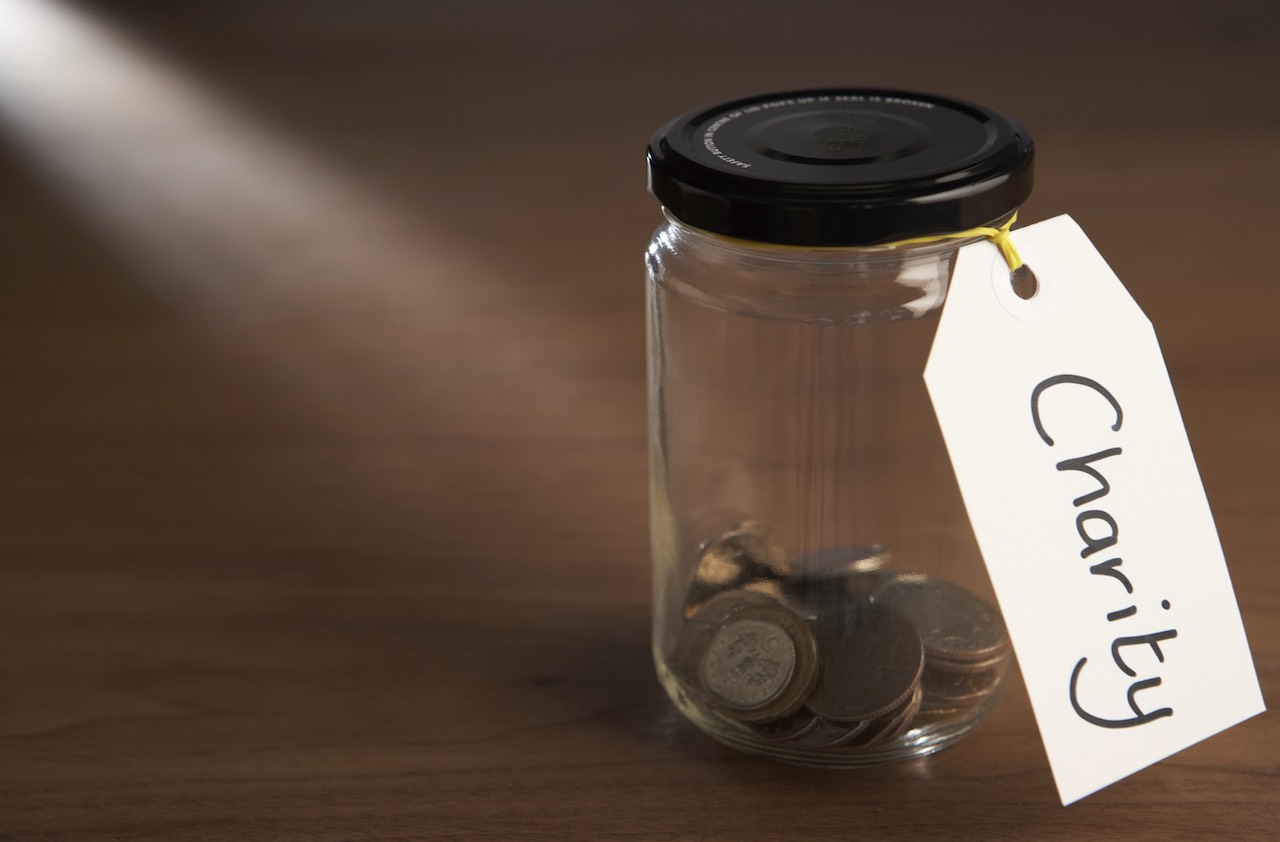How to Avoid Charity Scams
Several Web sites help you check up on charities that solicit donations for victims of the latest disaster.


Profit and prosper with the best of Kiplinger's advice on investing, taxes, retirement, personal finance and much more. Delivered daily. Enter your email in the box and click Sign Me Up.
You are now subscribed
Your newsletter sign-up was successful
Want to add more newsletters?

Delivered daily
Kiplinger Today
Profit and prosper with the best of Kiplinger's advice on investing, taxes, retirement, personal finance and much more delivered daily. Smart money moves start here.

Sent five days a week
Kiplinger A Step Ahead
Get practical help to make better financial decisions in your everyday life, from spending to savings on top deals.

Delivered daily
Kiplinger Closing Bell
Get today's biggest financial and investing headlines delivered to your inbox every day the U.S. stock market is open.

Sent twice a week
Kiplinger Adviser Intel
Financial pros across the country share best practices and fresh tactics to preserve and grow your wealth.

Delivered weekly
Kiplinger Tax Tips
Trim your federal and state tax bills with practical tax-planning and tax-cutting strategies.

Sent twice a week
Kiplinger Retirement Tips
Your twice-a-week guide to planning and enjoying a financially secure and richly rewarding retirement

Sent bimonthly.
Kiplinger Adviser Angle
Insights for advisers, wealth managers and other financial professionals.

Sent twice a week
Kiplinger Investing Weekly
Your twice-a-week roundup of promising stocks, funds, companies and industries you should consider, ones you should avoid, and why.

Sent weekly for six weeks
Kiplinger Invest for Retirement
Your step-by-step six-part series on how to invest for retirement, from devising a successful strategy to exactly which investments to choose.
I got a phone call asking for money from a group that says it’s helping the victims of the floods in South Carolina. How can I check out whether this charity is legitimate?
Don’t pledge money to an unknown charity over the phone or click on a link in an e-mail. The IRS recently issued a consumer alert about possible scams relating to the South Carolina floods. Scam artists have been making phone calls, sending e-mails and creating fake Web sites posing as charities that are collecting money to help victims of the floods. Some of these crooks won’t stop at stealing your money; if they get your credit card, bank information or Social Security number, they could also steal your identity.
Several Web sites make it easy to check whether the charities are legitimate and to find reputable ones that are doing similar work. Most of these sites also analyze the charities’ financial situations and rate their effectiveness.
From just $107.88 $24.99 for Kiplinger Personal Finance
Become a smarter, better informed investor. Subscribe from just $107.88 $24.99, plus get up to 4 Special Issues

Sign up for Kiplinger’s Free Newsletters
Profit and prosper with the best of expert advice on investing, taxes, retirement, personal finance and more - straight to your e-mail.
Profit and prosper with the best of expert advice - straight to your e-mail.
CharityNavigator gives star ratings to more than 8,000 charities based on the charities’ financial health, accountability and transparency. The site highlights key information from each charity’s income statement and calculates the percentage of total expenses spent on programs and services, the growth of revenue and expenses, and other factors. You’ll also find tips for donors and lists of top-rated charities based on timely issues, such as the South Carolina flooding and the Syrian crisis.
The Better Business Bureau’s Wise Giving Alliance analyzes charities based on 20 standards, in categories such as governance and oversight, effectiveness, finances, solicitations and informational materials, privacy and complaints.
CharityWatch.org analyzes charities’ financial statements, tax forms, annual reports, state filings and other documents and grades charities based on the percentage of total expenses the charity spends on its program and the cost to raise $100. You can also find detailed reports on its top-rated charities.
GiveWell assesses charities based on the evidence that their programs produce results. It was created by former hedge-fund analysts. See How to Measure the Impact of Your Charitable Donations for more information.
Guidestar.org has the most detailed information about charities of all these organizations. It includes a searchable database of each charity’s Form 990, where it must report its financial information to the IRS. You can access basic information free, get more detailed information through its subscription service, or buy a detailed report about the charity. (You may be able to access the subscription service through a donor-advised fund.)
Profit and prosper with the best of Kiplinger's advice on investing, taxes, retirement, personal finance and much more. Delivered daily. Enter your email in the box and click Sign Me Up.

As the "Ask Kim" columnist for Kiplinger's Personal Finance, Lankford receives hundreds of personal finance questions from readers every month. She is the author of Rescue Your Financial Life (McGraw-Hill, 2003), The Insurance Maze: How You Can Save Money on Insurance -- and Still Get the Coverage You Need (Kaplan, 2006), Kiplinger's Ask Kim for Money Smart Solutions (Kaplan, 2007) and The Kiplinger/BBB Personal Finance Guide for Military Families. She is frequently featured as a financial expert on television and radio, including NBC's Today Show, CNN, CNBC and National Public Radio.